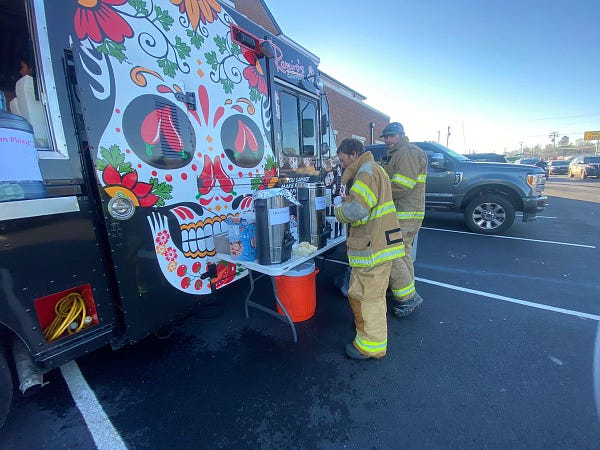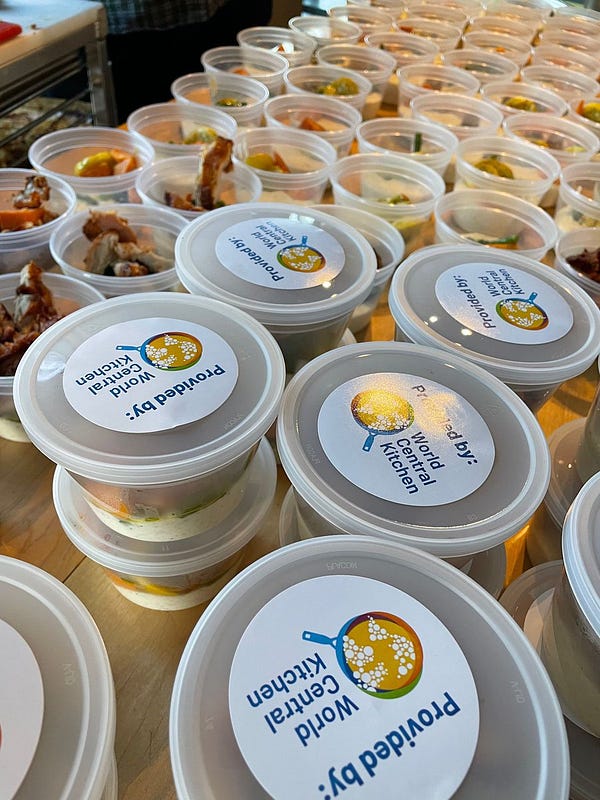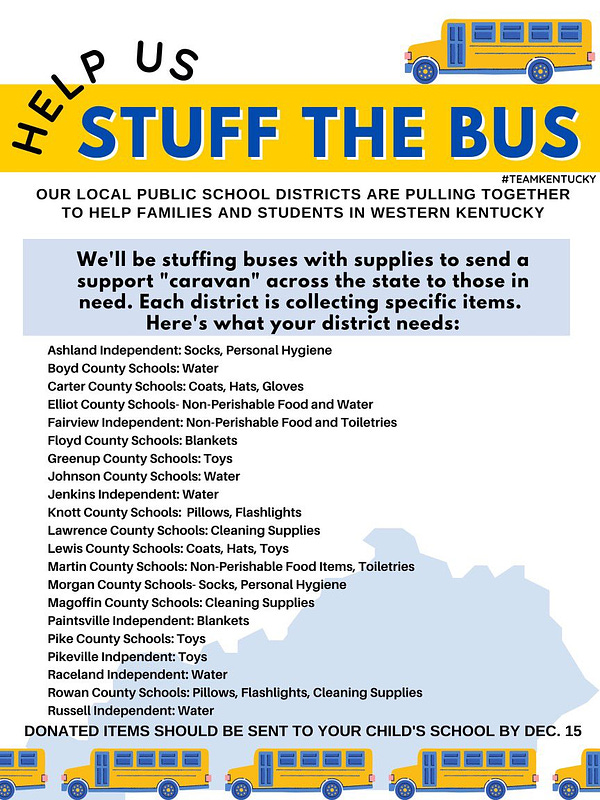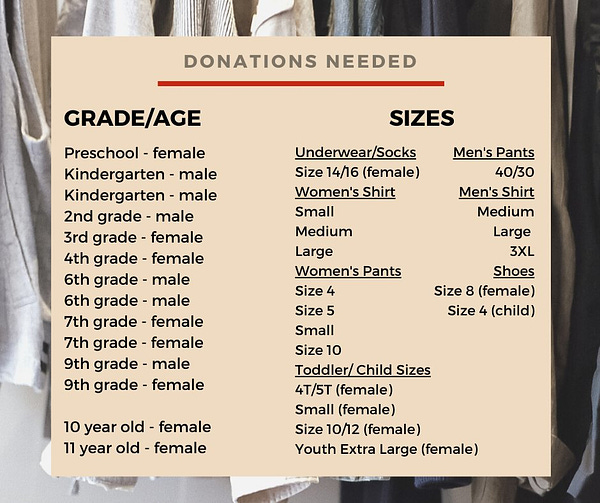How to Help Western Kentucky Tornado Victims
Kentucky experienced the worst tornado event in state history late Friday night, flattening towns across western reaches of the commonwealth and killing more than 80 people.
“I know our death toll is already above 80, likely over 100—by far the most devastating tornado event we've ever seen,” Governor Andy Beshear told NPR’s Weekend Edition this morning.
As cleanup efforts continue—and almost 52,000 people remain without power—here are ways to support the region’s long road ahead to recovery. (And stay out of impacted areas to ensure first responders are able to do their jobs properly!)
First and foremost, if you can, donate blood. Here’s a map of where and when mobile blood drives are happening over the next couple of weeks.


Kentuckians for the Commonwealth is keeping a running document with ways to help on a county-by-county basis, from direct mutual aid in Marshall County to (safely!) expressing interest in volunteering in Muhlenberg County. The official Team Western Kentucky Tornado Relief fund set up by Gov. Beshear is another option, or consider donating through the Community Foundation of Western Kentucky.

Queer Kentucky is raising funds for LGBTQ+ individuals impacted in Western Kentucky, and if you’ve been displaced by the storm, Kentucky State Parks are willing to take in anyone who needs housing at their lodges. A “Storm Damage 12.10.21” Facebook group has been set up for individuals to share needs and on-the-ground resources.


School districts across Eastern Kentucky are “stuffing buses” with supplies to deliver to those in need. Here’s what each district is collecting, from pillows to personal hygiene items:
Chef Jose Andres’ team from World Central Kitchen is providing meals for those impacted. Here’s a way to donate directly to their tornado relief efforts.
Operation BBQ Relief is also on the way to Mayfield and accepting donations.




Our friends at Eastern Kentucky Mutual Aid and Hood to the Holler are updating Twitter threads in real-time about the most urgent community needs. Consider following them for the most up-to-date ways to help.
And, finally, a general suggestion for how to best assist recovery efforts, from a former FEMA administrator:









